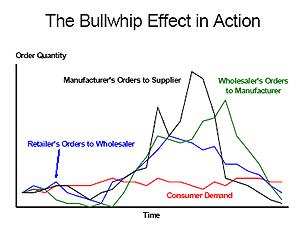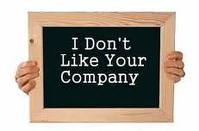As mentioned in the blog post, Flying Different….. The Boeing 787 Dreamliner, by my classmate Yen Fung Wong, he describes the lucrative future aspects of Boeing, which is finally launching it’s Boeing 787 Dreamliner after more than 3 years of delay.
I would like to focus on the cost of that delay rather than on the opportunities that are presented by the launch.
Announcing such a huge up-come of a product and not being able to meet their time target shows stakeholders one thing: something went wrong.
Whether it may be technological difficulties, economic factors or managerial reasons, it does not really matter which one of those applies, but it matters that stakeholder’s perception worsens as the company does not perform the way it should be.
Consequences can range between bearable and drastic. The stock can fall rapidly, which can result in lower market capital for fund rising or capital utilization. Furthermore the number of stakeholders might decrease as known unreliability is a very devastating factor to be associated with as a company.
To conclude a company should always ensure meeting their announcements and enough research and adequate analysis should be carried out in order to not fail meeting those, as in the case with the Boeing 787 Dreamliner.
Word Count: 200
Sources:
- http://recoveringengineer.com/wp-content/uploads/2010/03/question-mark-statue.jpg






